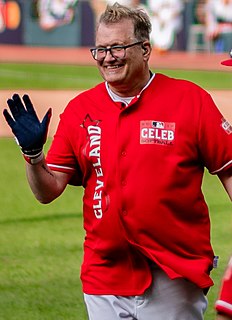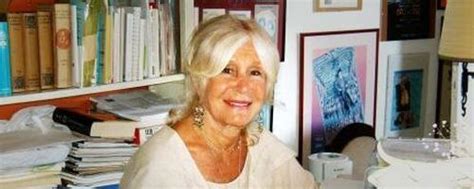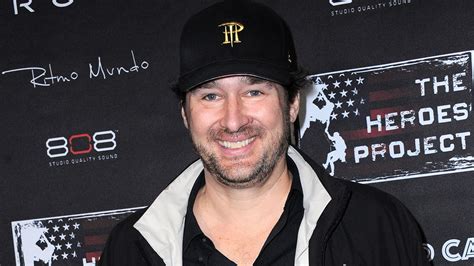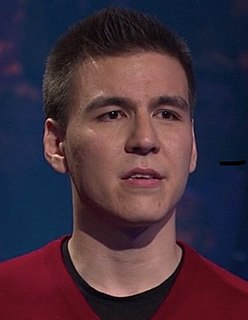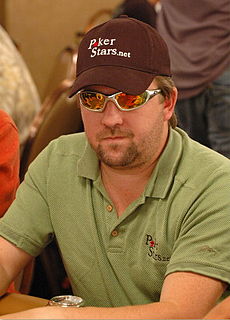A Quote by Drew Carey
Related Quotes
We've all heard stories about poker players grinding it out for two days straight. Believe me; I've got stories like that of my own. But the bottom line is that these stories usually don't have great endings. That's because the mind starts playing tricks after a marathon poker session, especially after a losing session.
I like to peruse the Full Contact Poker online forums to read and comment on posts about interesting poker hands and whether they were played properly. I find that many of the contributors consistently suffer from the same problem: they are far too preoccupied with statistically insignificant aspects of a poker hand.
